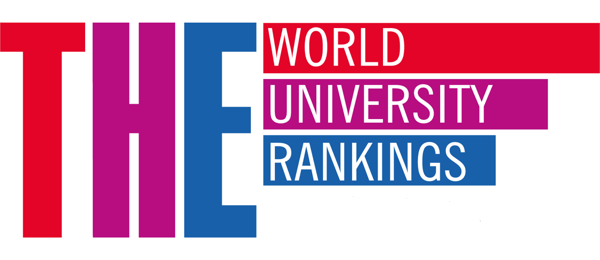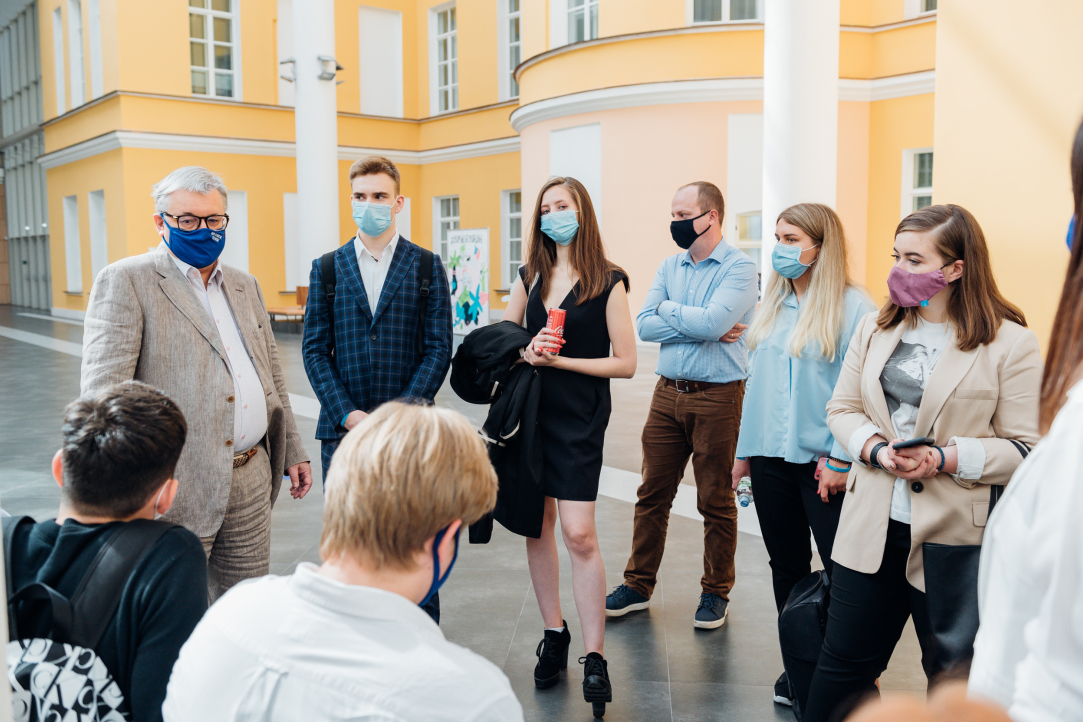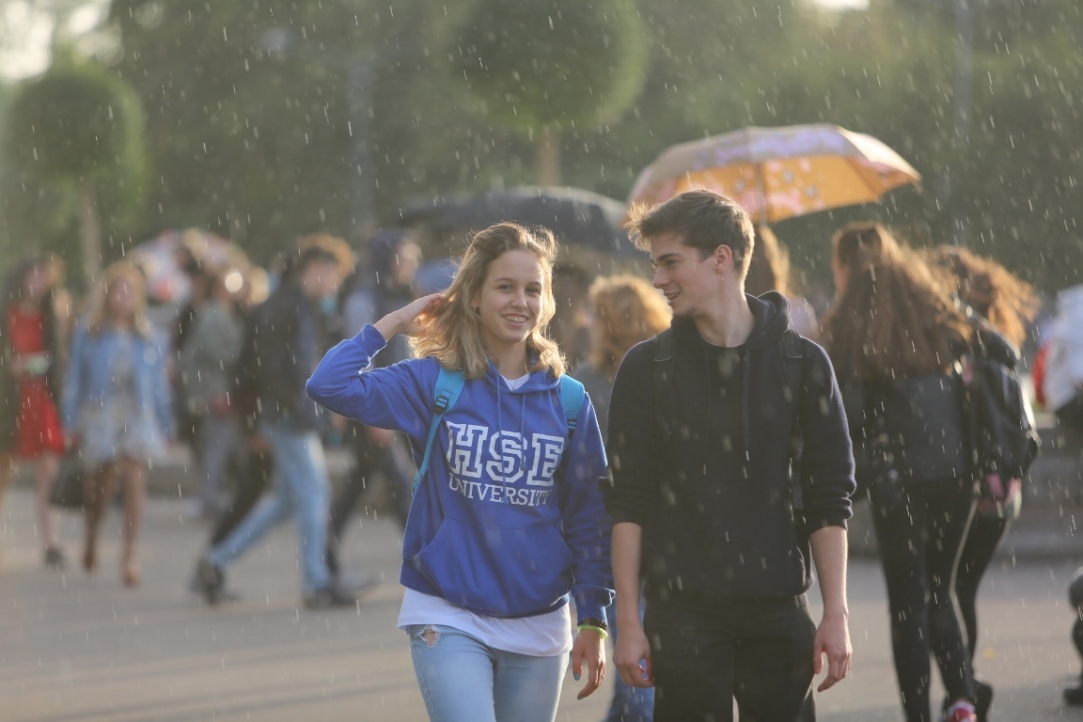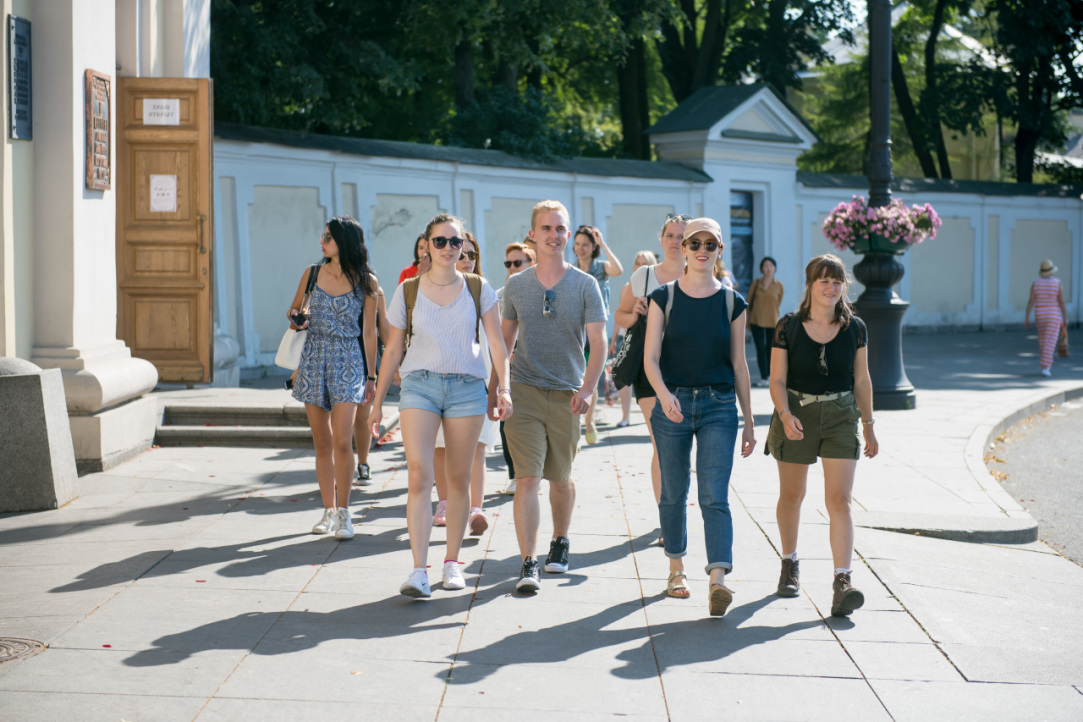
HSE Now Among World’s Top 200 Universities for Research in THE University Rankings
This year, HSE University has maintained its position in the 251-300 range in the Times Higher Education World University Rankings. The University ranks among the top 3 Russian universities along with Moscow State University (which ranks 174th) and the Moscow Institute of Physics and Technology (which ranks in the 201-250 range). In the THE’s global ranking of the best universities for research, HSE ranks 199th.

Russian Men Left Without ‘Fatherhood Wage Premium’
Not much is known about fathers on the Russian labour market. It has often been claimed that they earn more than their childless peers. However, new research states that there is no such ‘premium’ for being a father in Russia. Nevertheless, men with kids still have higher salaries.

RAS Institute of Ethnology and Anthropology and Three Universities to Open Top-Notch Centre for Interdisciplinary Human Development Research
HSE University, together with the Russian Presidential Academy of National Economy and Public Administration, MGIMO, and the RAS Institute of Ethnology and Anthropology, received a grant for their proposed world-class research centre as part of Russia’s National Project for Science. It is the first time the national project has awarded a research centre proposal in the humanities and social sciences.

'We Want to Become a Research and Project University for Each of You'
HSE University Rector Yaroslav Kuzminov has welcomed first year students to HSE University. He told the newly enrolled students about the importance of wearing masks on campus, the autumn flu vaccination, as well as important changes in the educational process. The rector also congratulated them on starting their student life at HSE University.

Meetings with Classmates and First Lectures: New Academic Year Starts at HSE University
How HSE students are returning to the University after a long period of distance learning and what first-year students expect from their studies – in the photo report of HSE news service.

Student Research Paper Competition 2020 Accepting Submissions
Any student or 2020 graduate of a Russian or international university is eligible to take part in the Student Research Paper Competition. Papers can be submitted from September 1 to October 15. The competition has been held at HSE University since 2003.

Brand New HSE Day: Discussions about the Future, Student-Led Workshops, Music, and Sports
On September 10, students, faculty, alumni, and viewers from all over the world will celebrate one of HSE’s biggest events together. This year, for the first time ever, HSE Day will be held online. Read on to find out what activities await guests on the four virtual stages of the online campus.

Students in the HSE Faculty of Economic Sciences Switch to Project-based Learning
In the new academic year, first-year students in the HSE Faculty of Economic Sciences will have the opportunity to work alongside senior students on joint projects that are both practice and research-oriented.

International Students Talk Living in Saint Petersburg and Studying at HSE
Many international students study at HSE University St. Petersburg's English-taught programmes. They come to Russia from different corners of the world for different reasons: to learn the Russian language, to live in a new place, or to immerse themselves in an intercultural environment. Several undergraduate students shared their impressions of studying at the university, interacting with classmates and lecturers, and living in St. Petersburg.
.jpg)
Russian Scientists Predicted Increased Unrest in the United States back in 2010
Beginning in May 2020, after the police killing of George Floyd, ‘Black Lives Matter’ demonstrations and riots engulfed the United States, the United Kingdom, and several European countries. Though Mr. Floyd’s killing served as the immediate catalyst for the unrest, many scholars suggest that the COVID-19 pandemic and the resulting economic crisis played a deeper, more pivotal role in creating conditions that led to the protests.

